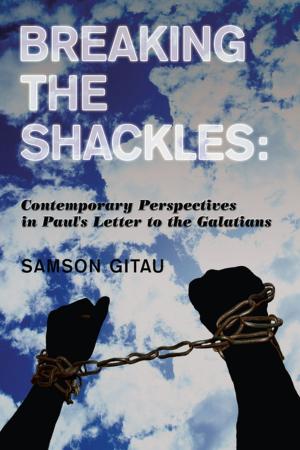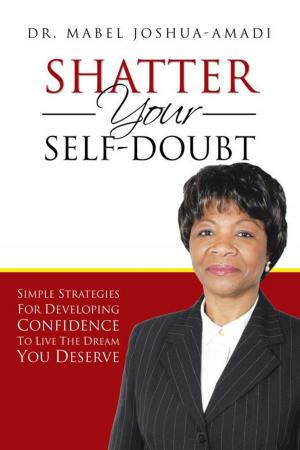| Author: | Thomas F. Motter KSJ | ISBN: | 9781463408985 |
| Publisher: | AuthorHouse | Publication: | July 15, 2011 |
| Imprint: | AuthorHouse | Language: | English |
| Author: | Thomas F. Motter KSJ |
| ISBN: | 9781463408985 |
| Publisher: | AuthorHouse |
| Publication: | July 15, 2011 |
| Imprint: | AuthorHouse |
| Language: | English |
Men march off to war because the women are watching. So said Socrates. In THE HARD GODDESS, the second book of his trilogyThe Song of Charlemagne, the author introduces his reader to the women behind the men on the medieval battlefield. In so doing, one comes to understand and appreciate how French expressions such as Feminine Mystique and Femme Fatale must have originated and which are today, universally recognized and understood in the international lexicon without translation. Along the way, one also discovers a few of the ulterior motives underlying Charlemagnes alliance with the Roman church as well as organized religions functional utility in the hands of potentates (be they Christian or Muslim) as a societal control mechanism. In the process of the troubadours telling of the story, the reader experiences visceral descriptions of Dark Age battle against the gloriously detailed backdrop of a France that is still there if one knows where to go and look. There is a reason Eleanor of Aquitaine is always credited with having invented the concepts of Romance, Chivalry and Courtly Love. She was far removed from the times in which he actually lived. Yet somehow, she must have sensed and understood Charlemagnes hidden agenda regarding women within the church and the greater social order. But, in the final analysis, is anything within the pages of this work relevant with regard to contemporary world events and social issues confronting us all? Sadly, terribly.
Men march off to war because the women are watching. So said Socrates. In THE HARD GODDESS, the second book of his trilogyThe Song of Charlemagne, the author introduces his reader to the women behind the men on the medieval battlefield. In so doing, one comes to understand and appreciate how French expressions such as Feminine Mystique and Femme Fatale must have originated and which are today, universally recognized and understood in the international lexicon without translation. Along the way, one also discovers a few of the ulterior motives underlying Charlemagnes alliance with the Roman church as well as organized religions functional utility in the hands of potentates (be they Christian or Muslim) as a societal control mechanism. In the process of the troubadours telling of the story, the reader experiences visceral descriptions of Dark Age battle against the gloriously detailed backdrop of a France that is still there if one knows where to go and look. There is a reason Eleanor of Aquitaine is always credited with having invented the concepts of Romance, Chivalry and Courtly Love. She was far removed from the times in which he actually lived. Yet somehow, she must have sensed and understood Charlemagnes hidden agenda regarding women within the church and the greater social order. But, in the final analysis, is anything within the pages of this work relevant with regard to contemporary world events and social issues confronting us all? Sadly, terribly.















